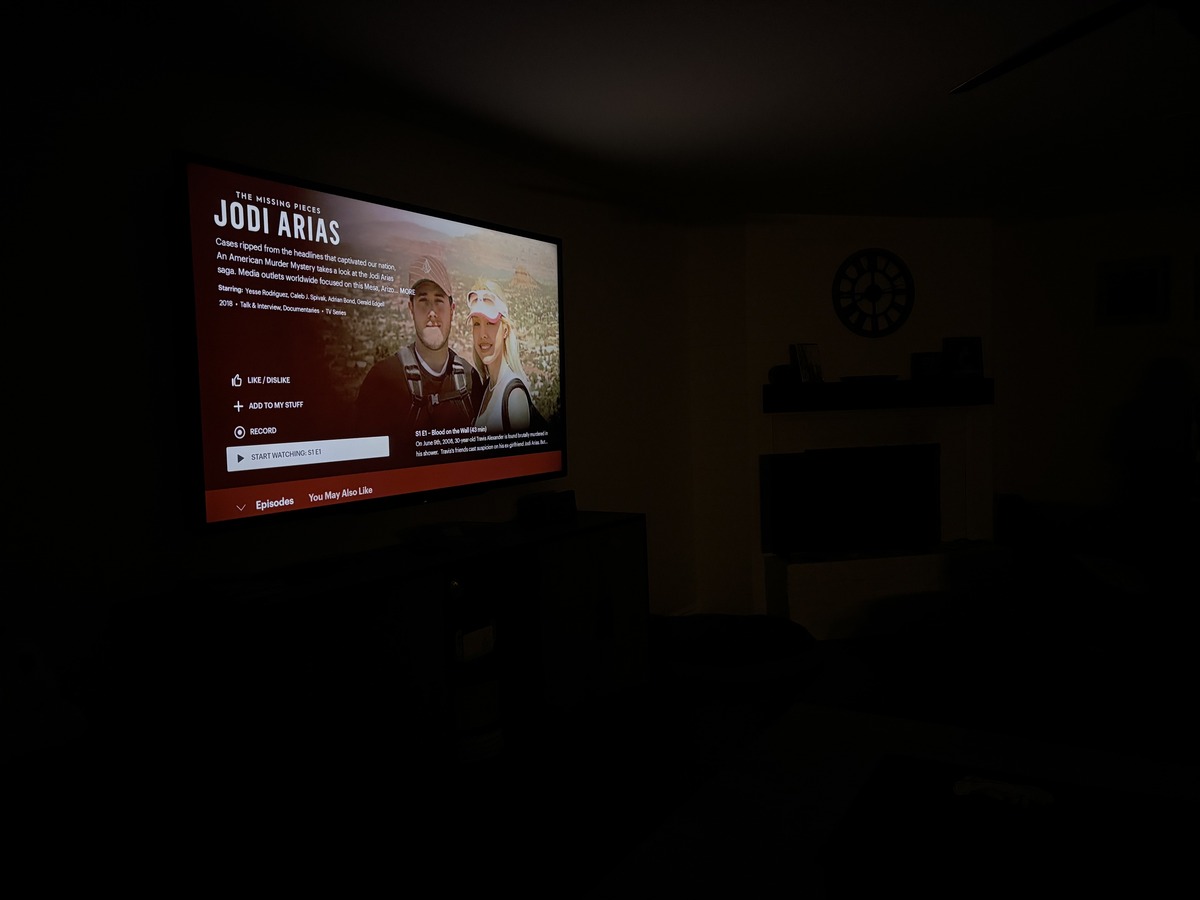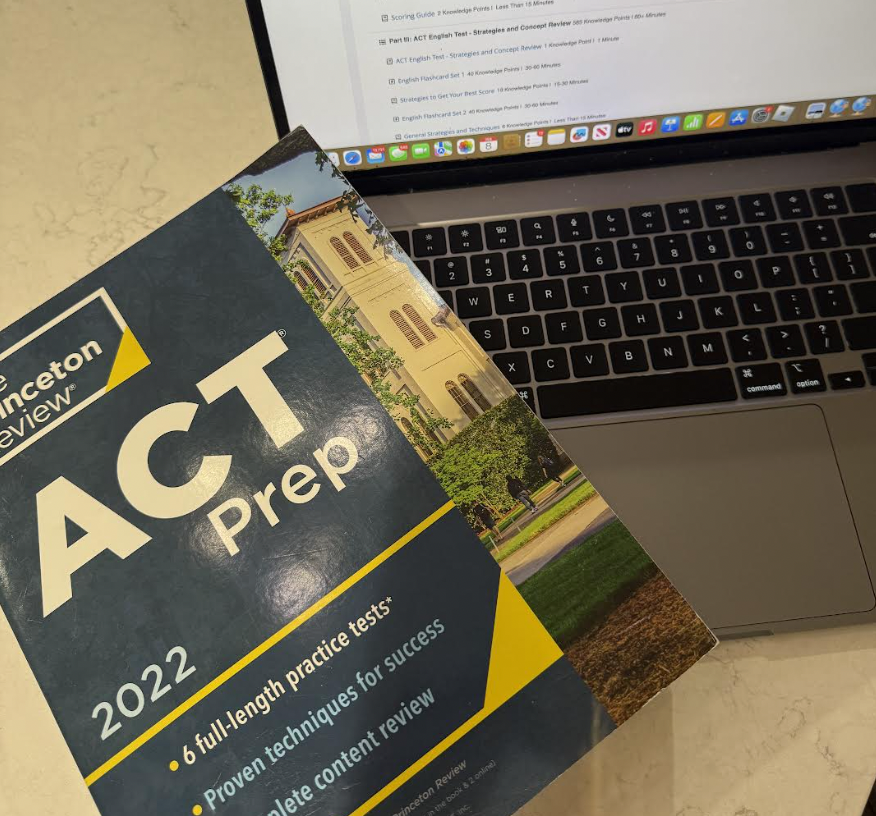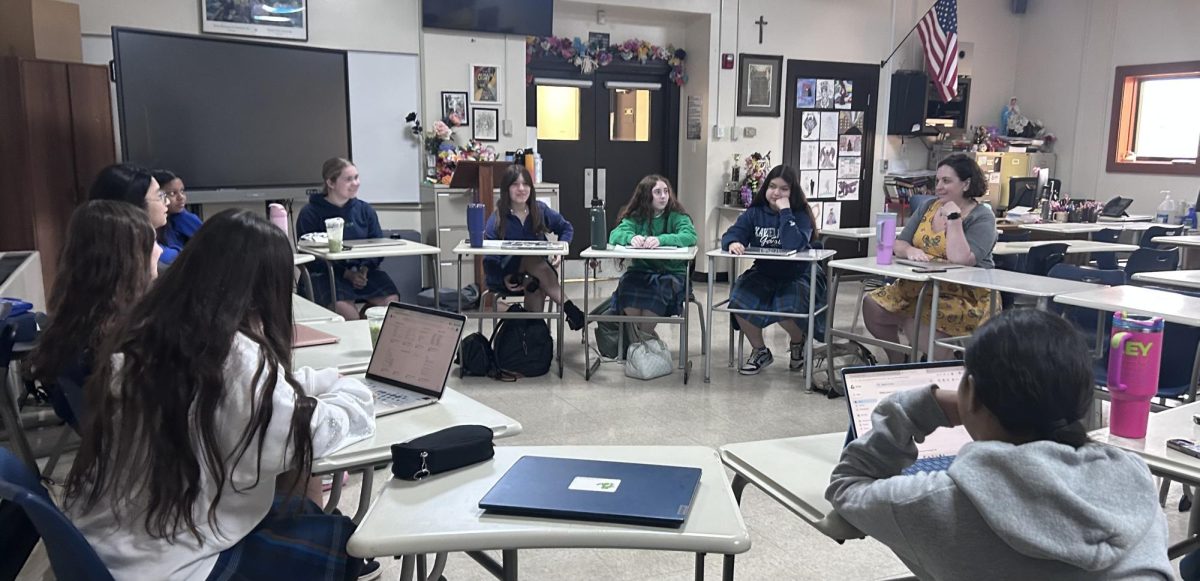“American Nightmare,” “Making a Murderer,” and “Can I Tell You a Secret?” are among many true-crime documentaries taking the entertainment industry by storm. These shows seem to be the perfect way to relax after a long day, but could they really be doing more harm than good?
According to Edison Research, around 84% of people living in the U.S. over the age of 12 consume true-crime across all media platforms. The reasons for watching this medium vary; some enjoy the thrill, are interested in the psychological aspects or are simply curious about a person or case.
One of the most prominent ways in which Xavier students encounter true-crime is through the elective classes Criminal Law and Constitutional Law, both taught by Ileen Welty.
Despite the possible criticisms regarding the content of these classes, ranging from the Manson Murders to Jodi Arias to O.J. Simpson, Welty believes this curriculum is important for a variety of reasons, which includes knowing the American justice system and one’s constitutional rights.
“It’s important that you know how the justice system works. We’ll all get called for jury duty and experience minor crimes,” says Welty. However education seems to be taking a backseat for most, as growing audiences are more concerned with the entertainment value of these cases.
While freshman theology teacher Geoffrey Stricklin agrees that studying these cases are crucial to understanding the law, over-dramatization of these cases can create a shift from educational to exploitative.
When we are consuming this content we often forget to take into consideration that we are receiving a detailed and dramatized view of what is often the last moments of someone’s life. This can lead to the dehumanization of the victims of these crimes which detaches us from the reality and severity of these situations.
Stricklin says, “Because of the dignity of the individual person, people don’t deserve to be exposed against their wills. It’s like the proverbial car-wreck on the road. Everyone slows down because everyone wants to see it. We should be careful not to spread others’ misfortunes. It is the cheapest thrill.”
It is at this point where the responsibility falls on the viewer. When choosing what content to consume one must carefully consider both why this content was made and how it may affect the victims of these crimes.
There are many instances in which real trauma is turned into a source of entertainment for viewers. “The Act,” a TV show on Hulu is an example of this, as it over-dramatizes the murder of Clauddine Blanchard. While watching this, it was easy for us to forget that these were real human beings who endured immense pain.
It is concerning that producers of this medium may be financially motivated and lack proper empathy toward the victims and their families. This is only one of many problems of consuming this content; one must also consider how these stories will affect one’s well-being.
Welty acts with intention when choosing what cases she covers in her classes, being conscious of students’ mental health and taking into consideration how they may make students fearful.
“I think it’s natural that you’re impacted for a few days after you watch something unnerving, but if you notice you are modifying certain tasks, then I think you’ve overexposed it,” Welty exclaims. She explained that modifying certain tasks can include behaviors such as not wanting to leave the house, being fearful of everyday interactions, or exhibiting other instances of paranoia.
Despite this, Welty does not believe that one can truly become desensitized to violence because these things will always be scary. “I felt that way watching kids at Columbine run from the school. They didn’t look desensitized, they looked terrified. The brain can handle the distinction between watching things online versus them actually happening,” Welty says.
Psychology teacher and Xavier alumna Olivia Long noted various studies that have shown muted response from the brain to others’ pain or suffering if one has consumed violent media. However, this does not mean that one is more likely to become more aggressive or violent themselves after watching this content.
In Long’s personal experience, she found that she could enjoy this content more when she was a young adult because it was a safer thrill. Now, having matured and become a mother, she finds herself paying attention to warning labels on true-crime content in case it contains things that she may find more disturbing now.
Nonetheless, Long notes that this is a personal experience and it all comes down to knowing yourself and your own limits.“We are all different. For me, I cannot erase certain visuals but I’m sure another mother my age could watch the same thing and not have that experience,” Long says.
Understanding our own limits and mental health are crucial to us when viewing true-crime.
It is our job as viewers to ensure that we are not merely finding entertainment in others’ suffering, but rather consuming this content with genuine empathy and the understanding that these stories are not meant to be taken lightly and should be respected as such.









